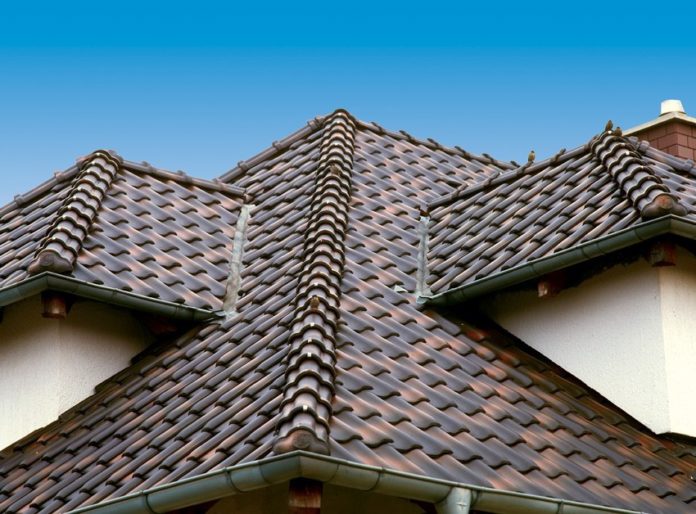Before we discuss Commercial Roofing Ottawa, let’s back up a step and ask a simpler question. What’s roofing, anyhow? What function does a roof function? The roof is present to cover a construction and protect its contents from the elements, provide insulation, and assist structurally support the construction itself. Modern roofs can be constructed with many different slopes and materials, and frequently add aesthetic value or other special functionalities depending on their particular design.
A residential roof ensures that you and your family are well-protected. Generally, these kinds of roofs are typically pitched, meaning that they are inclined at some angle; the greater the inclination is, the more readily the rain, snow, and debris can flow off the roof. Asphalt shingles are the most popular material for covering residential roofs, but there’s a large selection of other materials which are also commonly used, such as composite shingles, tile, slate, wood shakes, and alloy.
Roofing Companies Ottawa, on the other hand, is often made to insure buildings of a much bigger scale. High-pitched roofs are rare for such large structures since they’re more expensive to manufacture and are less practical for longevity. Large industrial facilities usually have either horizontal or low-slope roofs for this key reason. Flatter roofs aren’t as common for residential buildings, except in certain places with very dry climates.
What’s the Best Layout and Material to Use for a Commercial Roof?
There isn’t one easy answer to that question, as it really is dependent on the size of the industrial building you would like to cover, which rewards and functions you need for your roofing, and the budget you have to work with. Most commercial customers decide on a low pitch or flat roof. These roofs are usually cheaper and easier to install, but they also carry greater potential for leaks and need more frequent inspections. As a rule of thumb, the flatter the roof, the more maintenance that will be required.
Listed below are some of the most commonly-used substances for industrial roofs:
It is a synthetic rubber material widely utilized in commercial and some residential structures. PVC is resistant to chemicals, which makes it perfect for industrial or commercial facilities, in addition to restaurants or other buildings with dirt traps on the roof.
TPO Roofing: TPO (short for thermoplastic polyolefin) is among the more popular commercial roofing materials in use, as a result of its reasonable cost and dependable durability. TPO roofing is currently the fastest-growing segment of the US single-ply roofing business and is resistant to dirt, algae, bacteria, and debris buildup. Among the different methods to put in TPO, a heating welder is a favorite method.
Metal Roofing: Steel is always a solid selection for roofing, whether for residential or commercial uses. Metal roofs can be installed in just about any preferred slope. While metal roofing is much more expensive than some industrial roofing materials, it is also easier to clean, keeps its look more, and can last a lifetime with minimal maintenance.
Flat Roofing: as well as single-ply and metal choices, modified bitumen and buildup roofs are also popular, low-cost choices for industrial roofs. Buildup roofs are made out of layers of roofing felt, asphalt, bitumen, and pitch, and generally covered with a coating of crushed stone.


